In pediatrics, there is a well-known “Pink Book.” This book tells you everything you need to know about childhood vaccinations. However, a less commonly known “pink book” is revered and often daunting to pediatricians. It is the journal or diary of the mom of a newborn. Usually, this book includes the newborn’s feeding and pooping schedule and tons, and I mean tons, of questions. We give extra time for newborn appointments with first-time moms at work because they are more likely to show up with the pink book. I regard the pink book as the beginning of the journey of motherhood. As a mom, you suddenly realize the enormity of your task. And all you can think of as you embark on your journey of motherhood is how to protect and provide for your newborn.
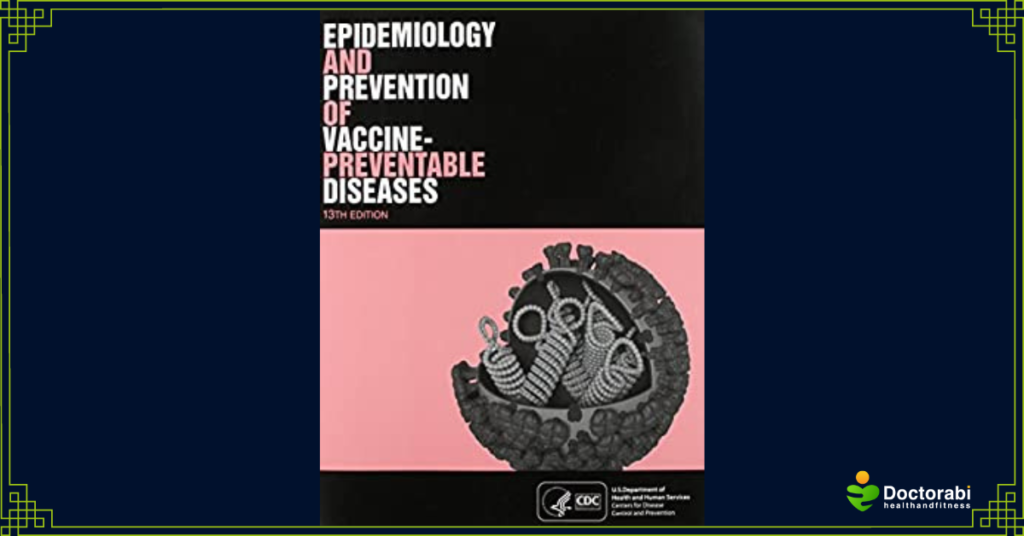
The new mom
I saw Sarah today with her pink book. I particularly like the pink book because I can see beyond the content to what the mom does not write. The pink book tells me how well the newborn is doing and how well the new mom is transitioning and adapting to her new role. I can tell if a new mom is getting the help she needs to care for her newborn from the pink book. I can also glimpse the new mom’s emotional state and discover if she is receiving the support she needs.

In all honesty, babies are easy. The majority of what they need is to be fed, changed, and allowed to sleep. On the other hand, new moms need to provide everything the baby needs. If they have other kids, they often have to see to their needs too, and sometimes to the needs of their partners. Newborn moms often forget their own needs, including rest, adequate nutrition and hydration, physical and emotional support, etc. It’s no wonder about 1 in 8 women experience symptoms of postpartum depression.
How are you starting your journey of motherhood?
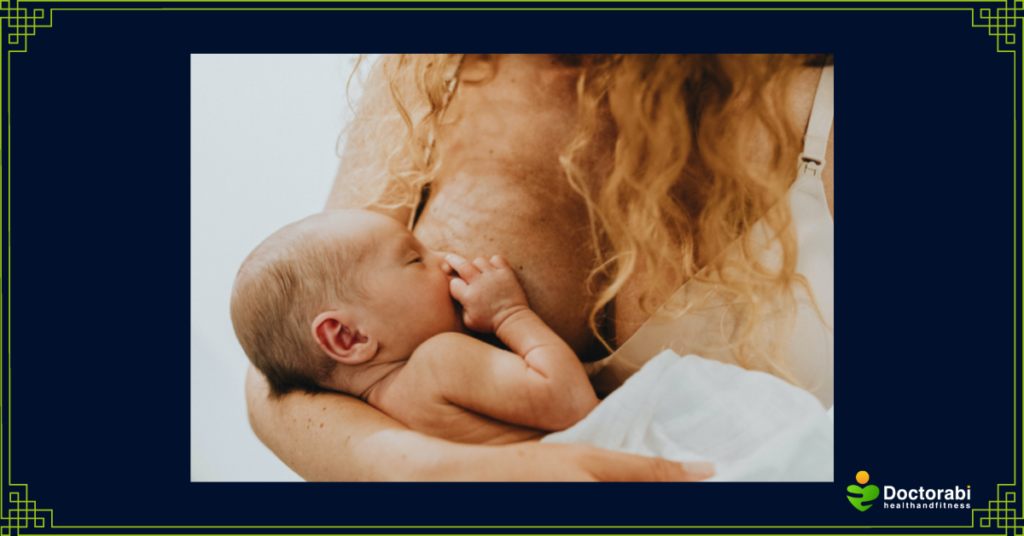
If you feel overwhelmed as the mom of a newborn, please do not hesitate to ask for help. You have to be in the best shape mentally to provide your baby with the best possible care.
If you are experiencing symptoms of postpartum depression, you may find it difficult to bond with your child, which can cause delays in your child’s development. Your child may also experience sleeping, eating, and behavioral problems. Both mother and child benefit when we can identify and treat postpartum depression. Indeed, the best way to start your journey is to be physically and mentally ready and armed with the right tools to ensure success.
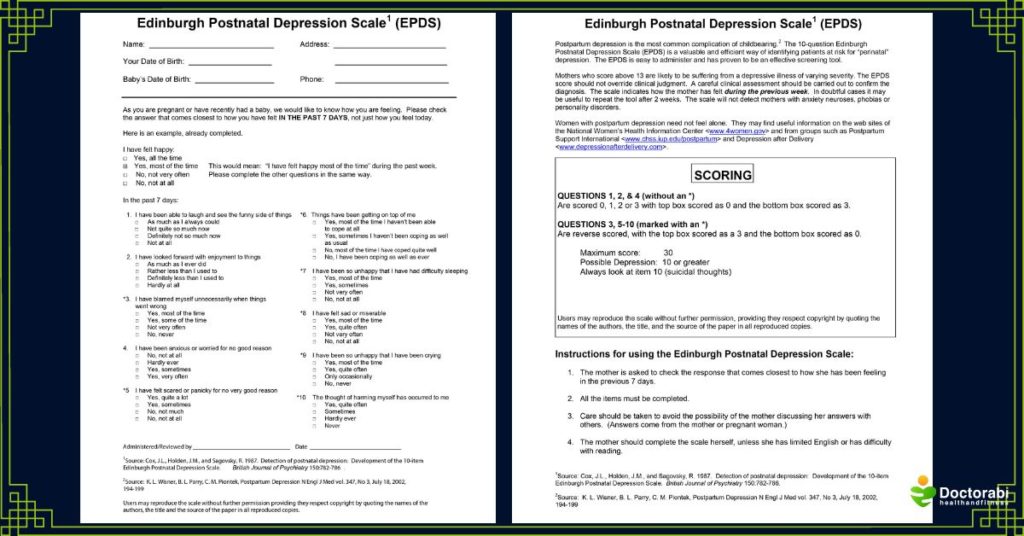
This Edinburgh Postnatal Depression Scale is a screening tool for postpartum depression. Please use it and talk to your doctor about your results.
Partnering with mothers on their journeys
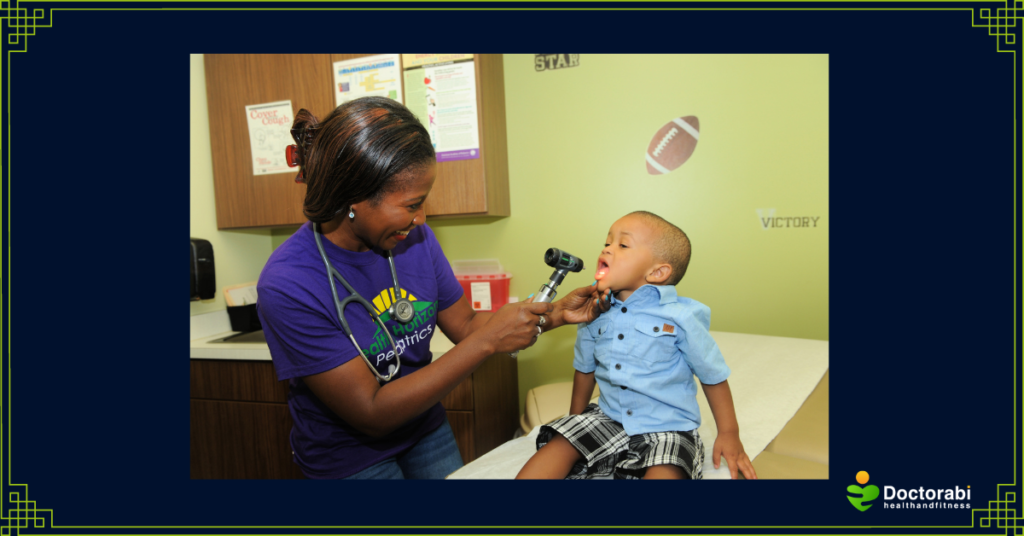
As a pediatrician, I am privileged to be in the front row seat in the journey of motherhood of thousands of mothers. Personally, and by partnering with mothers, I have seen some of the challenges and the victories of motherhood. Even before I had kids of my own, I was fielding questions about babies. I got calls and questions from my friends, family members, acquaintances, and even strangers about their kids.
A shift in direction?

Also, today, I saw Rose in the office. Rose is 15, and she did not want her mom in the exam room with her. Rose’s mom was perfectly fine with her request. But over the years, I have seen mothers adapt to this “semi-independent” stage differently. Some are sad that their kids no longer depend on them, while others rejoice that they now have more time for themselves.
For moms in this phase of their journey of motherhood, I have two things to tell you. 1) True, your kids don’t need you as much as they used to, but they will always need you, in one capacity or another, even if they do not realize it yet. And 2) You don’t need to feel guilty that you now have some free time to yourself!
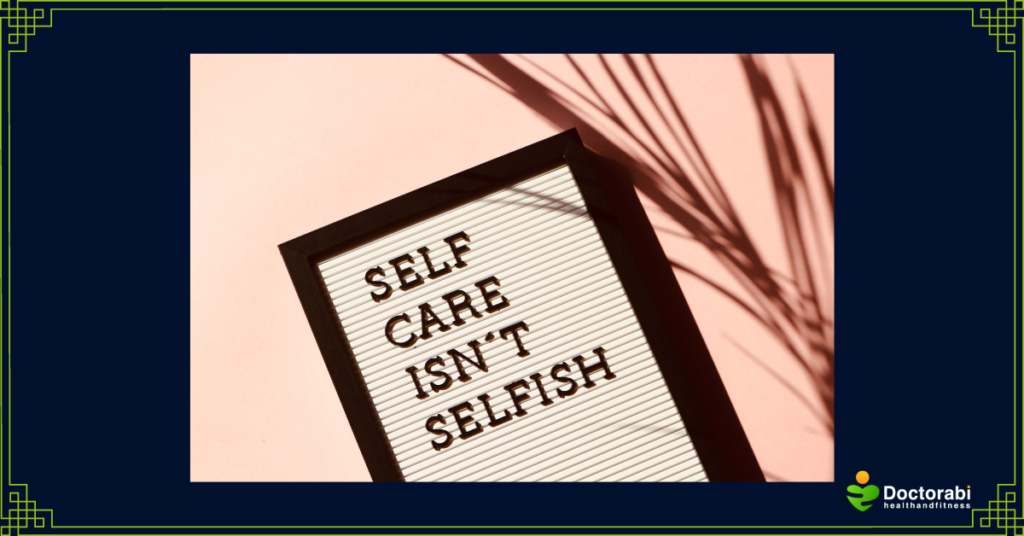
Interestingly, I have noticed a shift in the discussion I have with my friends. Most of our kids are now “grown” and relatively independent, and we are suddenly no longer the center of their worlds. When my friends and I talk these days, we may mention our kids if something noteworthy is happening with them. But we usually talk more about our lives, goals, aspirations, dreams, etc. We reminisce, and we mostly talk and laugh about seemingly irrelevant things.

Now that our kids feel that they do not need us as much. It is time for us to circle back and support one another to accomplish our dreams. It is time to keep ourselves accountable as we continue our life journeys together.
Moving along on the journey of motherhood

Inevitably, my friends and I often talk about our health and how to stay healthy. We motivate one another to live a healthy lifestyle and complete our health screenings. For example, during COVID, I skipped my physicals, mammogram, and Pap tests, and I kept putting it off. My friends reminded me until I got them done this year and reported back to them.
Incidentally, some of my former classmates are grandmothers now, and I know it will be a new season for my friends and me when we get there. We may start talking about our grandchildren then, but I suspect we will not do that as much as we talked about our kids. And coincidentally, some of my friends are now new moms. Fortunately, we can still have meaningful discussions because I have spoken about “babies and children” for twenty years!
Health and strength for the journey

How do we handle all of these phases in the journey of motherhood? One minute, your child is totally dependent on you, and the next minute, your child has moved out to be on their own. So, what if your children don’t need you? Well, other people do need you! Now is not the time to feel that your work is over. As a matter of fact, it is time to re-polish, re-purpose and refocus. This season is the time to stay healthy so that when your kids and others need you, you are there!
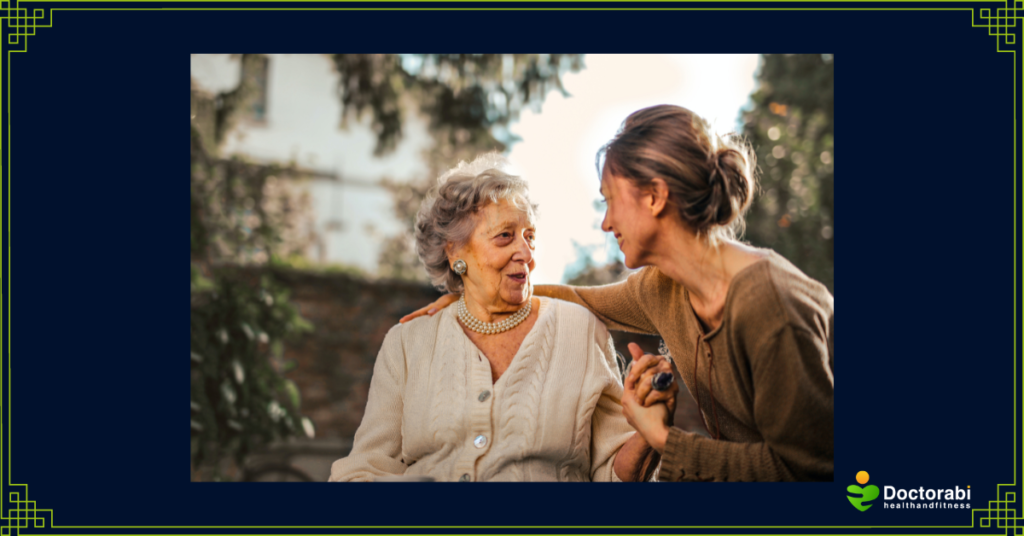
No matter where you are in your journey of motherhood, staying healthy is crucial to your success because it ensures a better outcome for yourself and your child. Focusing on your health is a gift to yourself and your child, born and unborn.
One of the ways you can focus on your health is to live a healthy lifestyle. Even if you are healthy, you should still screen for diseases so you can detect and treat them early. The UCSF Women’s Health Clinical Research Center provides this great list of recommended screening for healthy women by age.
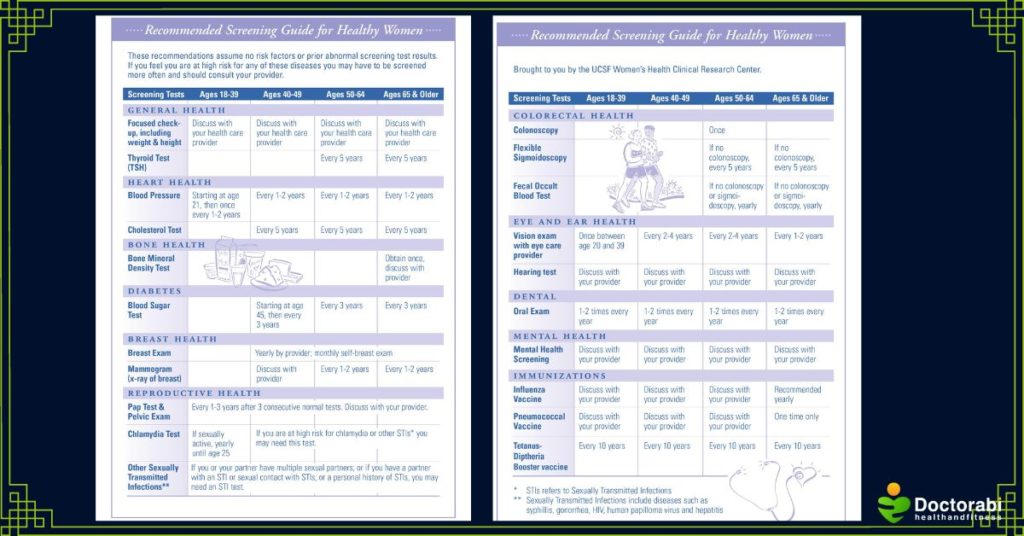
Please talk to your doctor about these screening tests and examinations.
Final thoughts
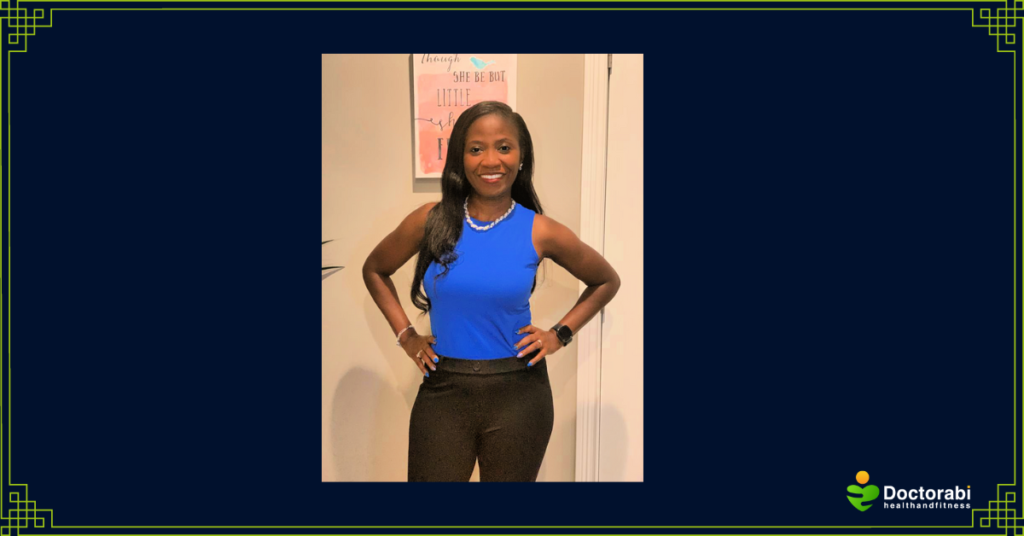
In my twenty years as a pediatrician, I have never seen a mom who did not want the best for their child. Mothers and I may not always agree on what is best for their children, but I know and understand that mothers act based on their information, just as I do. Sometimes, I can convince mothers to see my evidence-based viewpoint, and at other times, I can’t. But I do know that when push comes to shove, most mothers will put their child’s health first!

And so, to every mother out there, to the mom of healthy kids, to the mom of sick or disabled kids, to pregnant moms, to future moms, to moms who have experienced the loss of a child, and to all women, I say “Happy Mother’s Day!”
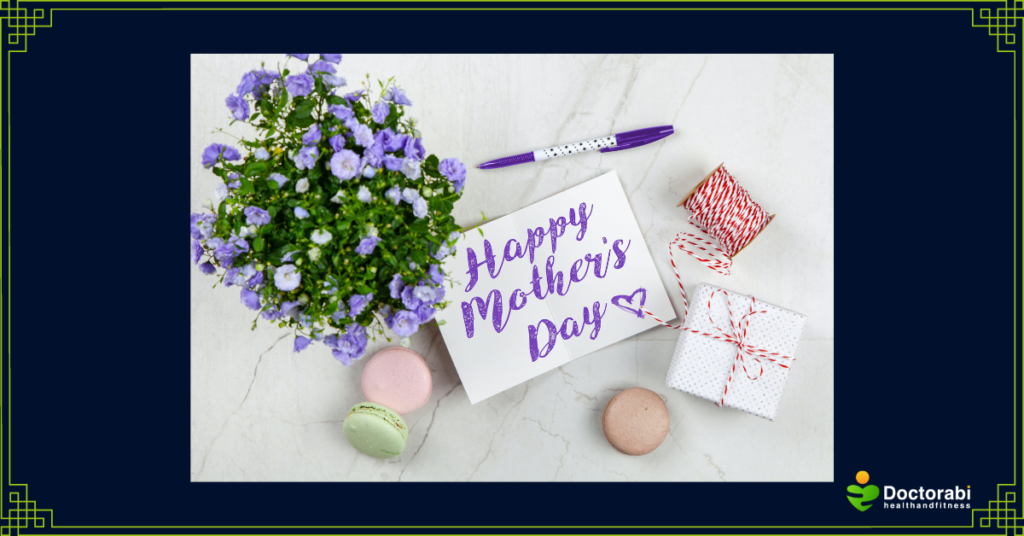
Please feel free to share your comments below, and also feel free to share this article.
Yours in health and fitness,
Doctor Abi

